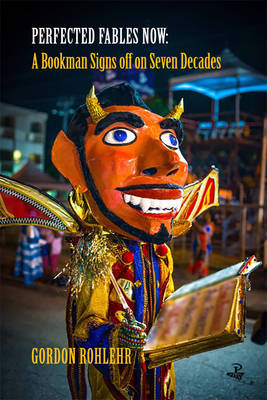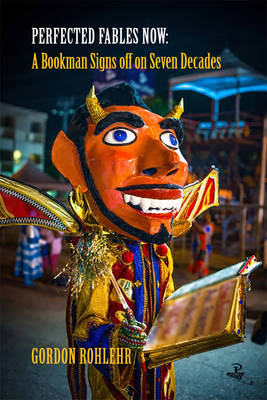
- Afhalen na 1 uur in een winkel met voorraad
- Gratis thuislevering in België vanaf € 30
- Ruim aanbod met 7 miljoen producten
- Afhalen na 1 uur in een winkel met voorraad
- Gratis thuislevering in België vanaf € 30
- Ruim aanbod met 7 miljoen producten
Zoeken
Omschrijving
Since the mid-1960s, Gordon Rohlehr has been an incomparable recorder and analyzer of Caribbean literature and culture, and their intersection with history and politics. Rohlehr doffs the costume of the carnival figure of the "Bookman," the recording Satan of the devil band, who walks with his book in which he writes down the names of the damned. And here we have the clue to the fact that along with the serious analysis of calypso; his summing up of what is essential in the work of Derek Walcott, Earl Lovelace, and V.S. Naipaul; and the essays of remembrance for those like Walcott, Lloyd Best, Pat Bishop, Tony Martin, and others who have made their earthly exits, there is a devilish humor at work. This comes out particularly in an essay that joyfully demolishes an attempt to characterize the Caribbean in any other than its own terms, and the subservience of Trinidad's rulers to the neo-colonialisms of tourism, visiting American ships and the U.S. embassy.
Specificaties
Betrokkenen
- Auteur(s):
- Uitgeverij:
Inhoud
- Aantal bladzijden:
- 310
- Taal:
- Engels
Eigenschappen
- Productcode (EAN):
- 9781845234508
- Verschijningsdatum:
- 25/07/2019
- Uitvoering:
- Paperback
- Formaat:
- Trade paperback (VS)
- Afmetingen:
- 155 mm x 234 mm
- Gewicht:
- 476 g

Alleen bij Standaard Boekhandel
+ 67 punten op je klantenkaart van Standaard Boekhandel
Beoordelingen
We publiceren alleen reviews die voldoen aan de voorwaarden voor reviews. Bekijk onze voorwaarden voor reviews.







